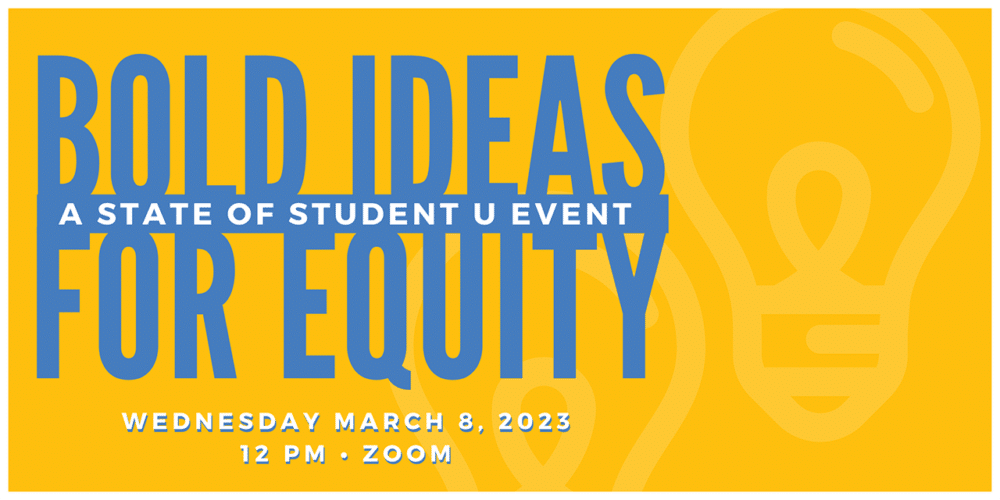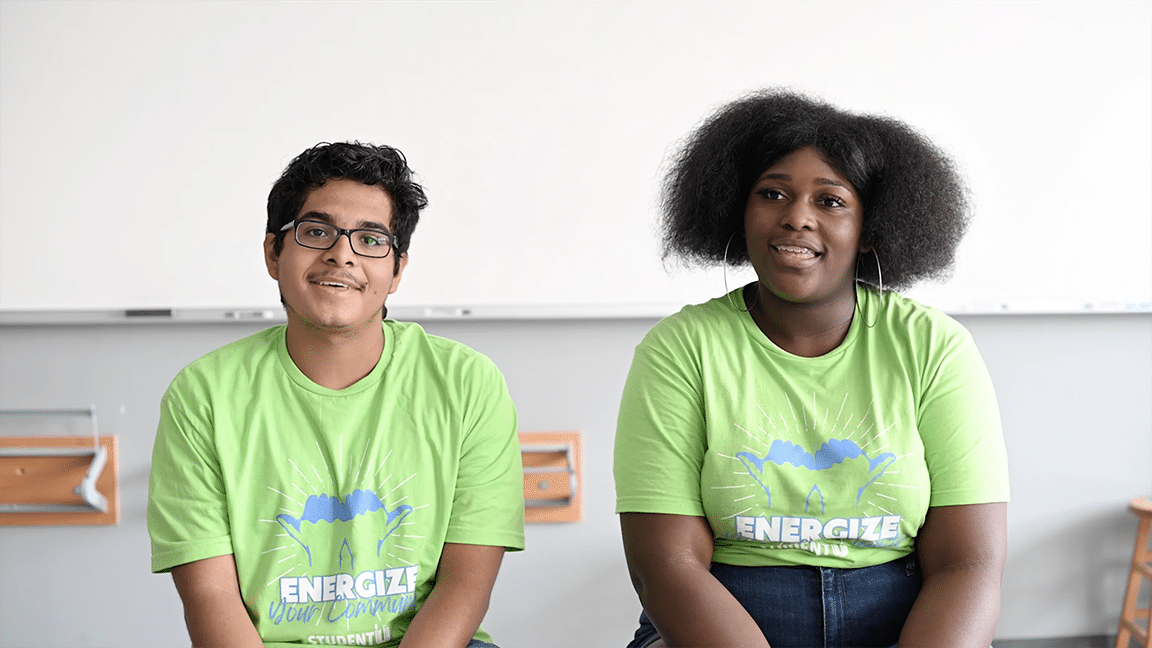
We recently held The State of Student U to discuss the critical needs facing education equity in Durham, NC. We were grateful for our time together with so many smart, engaged, and caring individuals who proved that there is no problem that we cannot all work together to solve. The challenges we face in achieving a more just and equitable Durham are not small, and we believe that with the support of our community, we can make a significant difference in the lives of many.
Here are the key takeaways from all the conversations:
How can we ensure all students have access to great teachers?
Teacher vacancy and turnover rates are high, and we must address this issue. Addressing teacher vacancy and turnover requires a comprehensive approach involving multiple stakeholders, including educators, policymakers, and the wider community. A few things discussed during this session were:
- Increasing pay for staff and teachers to attract new educators and retain current ones.
- Creating a pipeline to encourage youth and young professionals to choose teaching as a career path and remain in the area.
- Providing opportunities for growth and professional development to retain current teachers, while also offering flexibility and a sense of community to encourage students to opt for teaching as a profession.
How can we integrate wellness into all facets of a school or organization? Mental wellness is a critical issue and it’s essential to address this issue by providing support for students, parents, guardians, and educators. We can create a safe and supportive learning environment for all students and educators by working together to address mental wellness in schools and youth-serving organizations. Key takeaways from this conversation were:
- Mental wellness affects students and adults in schools and has complex root causes such as trauma.
- Access to healthcare and building bridges and relationships within the school community are crucial factors in supporting mental wellness.
- Addressing mental wellness in schools can create a safe and supportive learning environment for all students and educators.
How can an organization create a workplace culture that prioritizes staff wellness? A positive workplace culture is essential for the success and well-being of employees. Overall, a positive workplace culture requires consistent effort and investment to build, but the benefits are well worth it in terms of employee satisfaction, retention, and productivity. Ideas discussed in this session were:
- Creating a safe and trusting environment that encourages open conversations without fear of retaliation.
- Providing training on providing feedback, being objective, and having confidence in bringing up concerns.
- The intersection between compensation and benefits and the wellness of employees at work.
- Prioritizing rest for employees to help them focus and be productive while also being able to lead full lives outside of work.
How do we continue to maintain student and family engagement “post COVID”? Engaging students and families in the education process is crucial for the success of students. The strength of Student U lies in the relationships built between its people and in fostering positive relationships between teachers, students, and families to create a sense of community and belonging. Ultimately, by making students and families feel like they are full partners in the education process, we can create an environment that supports student success and fosters a love of learning. A few ideas to increase student and family engagement were:
- Seek input from students and parents on decision-making processes and provide more opportunities for students and families to engage in the execution of the work.
- Prioritize minimizing missed instructional time and offer a flexible hybrid model to support all students.
- If the root of community and engagement lies in the relationships, lean into opportunities for more in-person learning and interaction to gain ground from what was lost during COVID.
How can we amplify students’ voices to impact education policy on the state and local level? Giving students a voice in education policy can have a profound impact on the quality of education they receive. Therefore, it’s essential to ensure that students know they have a voice, and that powerful policy-makers are willing to listen to their concerns. With the correct strategies in place, students can become active agents in shaping their education and create a positive impact on education policy. A few ideas discussed during this session were:
- Students should be encouraged to tell their stories and taught to recognize the power of their voices.
- Policy and advocacy objectives must emerge from needs that students and families identify.
- Achieving meaningful student advocacy in education policy requires staff capacity and support, as well as leveraging powerful relationships.
How do we support our surrounding community to increase opportunities with The WG Pearson Center? Economic mobility is a critical issue, and addressing it at the community level is essential. Student U works to address this issue by creating an 11-year pipeline that supports students’ academic and career readiness. We are also leveraging The W.G. Pearson Center by renovating the kitchen to support local businesses. By implementing proven existing strategies and new strategies, we can work to improve economic mobility in our community and create a brighter future for all.
- Educational investments and job programs are essential, AND building relationships and community resources is equally impactful.
- Bridging the gap between the need for opportunities and providing them requires utilizing resources that already exist here in Durham and the Triangle, and eliminating the barriers to accessing them (ex. racism, discrimination, segregation by neighborhoods, education, etc.).
- Providing pathways to economic mobility can help to address basic needs such as food insecurity, housing insecurity, access to equitable educational opportunities, etc., but moving out of poverty can take a generation or around 20 years.










